Culture of the Future: The Proletkult Movement in Revolutionary Russia
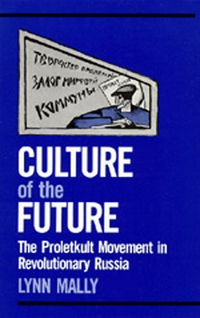
Summary
Just days before the October 1917 Revolution, the Proletkult was formed in Petrograd to serve as an umbrella organization for numerous burgeoning working-class cultural groups. Advocates of the Proletkult hoped to devise new forms of art, education, and social relations that would express the spirit of the class that had come to power in the world's first successful proletarian revolution. Lynn Mally offers a detailed analysis of the Proletkult's cultural and political agenda. Drawing extensively on archival sources, she argues that the creation of a new culture proved as difficult and controversial as the creation of new notions of politics. From the outset, the Proletkult was divided by severe political and social tensions as members struggled to define the role of the organization and the cultural desires of the proletariat. What fused this divided movement was the shared belief that without radical cultural change the revolution would not succeed. The Proletkult's eventual decline graphically shows how political consolidation, institutional rivalries, and the devastating social consequences of the revolution and Civil War all worked together to limit the utopian potential of the October Revolution.
Similar Books
-
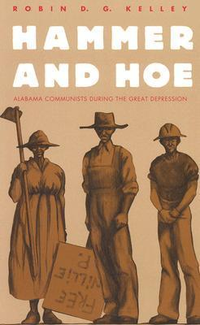 Hammer and Hoe: Alabama Communists During the Great Depression
Hammer and Hoe: Alabama Communists During the Great Depressionby Robin D.G. Kelley
-
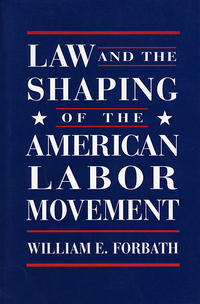 Law and the Shaping of the American Labor Movement
Law and the Shaping of the American Labor Movementby William E. Forbath
-
 Gendered Strife and Confusion: The Political Culture of Reconstruction
Gendered Strife and Confusion: The Political Culture of Reconstructionby Laura F. Edwards
-

-

-
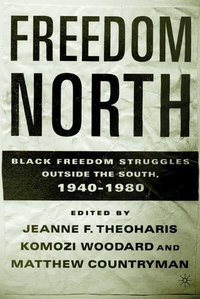 Freedom North: Black Freedom Struggles Outside the South, 1940-1980
Freedom North: Black Freedom Struggles Outside the South, 1940-1980by Jeanne F. Theoharis
-
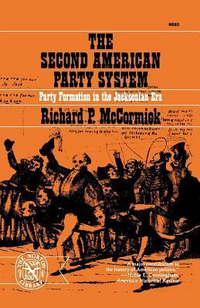 The Second American Party System: Party Formation in the Jacksonian Era
The Second American Party System: Party Formation in the Jacksonian Eraby Richard P. McCormick
-
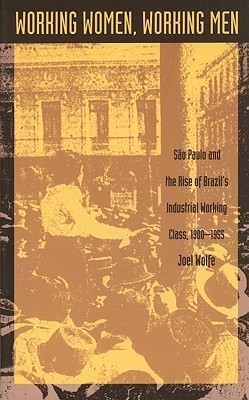
-
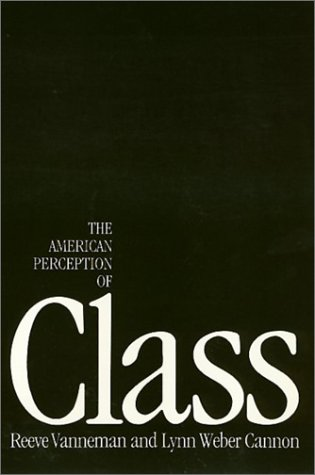 The American perception of class
The American perception of classby Reeve Vanneman
-
 The American Perception of Class
The American Perception of Classby Reeve Vanneman
-
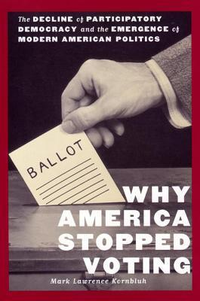
-
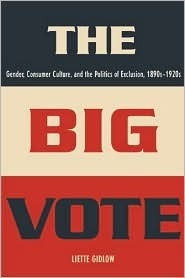
-
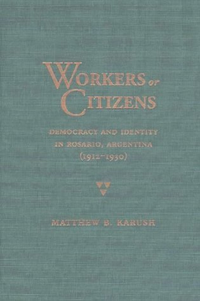 Workers or Citizens: Democracy and Identity in Rosario, Argentina 1912-1930
Workers or Citizens: Democracy and Identity in Rosario, Argentina 1912-1930by Matthew B. Karush